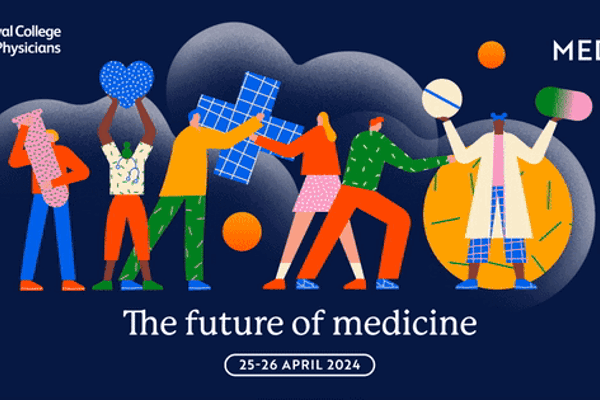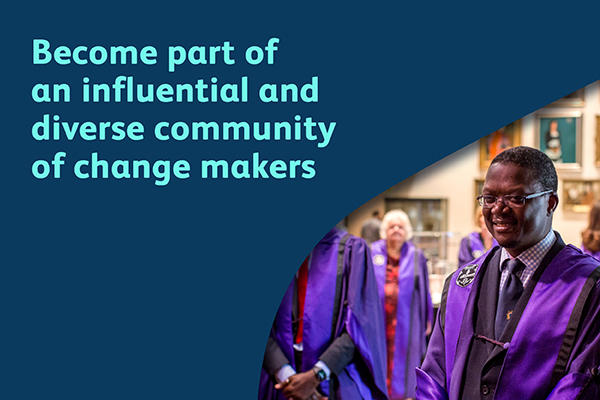The Royal College of Physicians (RCP) invites its fellows to apply for the post of censor.
RCP fellows are invited to apply for these important roles which will commence on 1 August 2024 with a three year tenure. The roles are open to all fellows, in good standing, including SAS doctors.
The deadline for applications is midday on Wednesday 22 May 2024 and shortlisted candidates are expected to be available for interview on Tuesday 11 June. Please note that interviews will be conducted virtually with details provided to shortlisted candidates.
Why should you apply to be a censor?
Have you had experience of reviewing and resolving complexities in organisations and situations?
Are you a mentor, clinical leader or educator?
Do you have experience of disciplinary and conduct matters?
If you have any or all of these skills the RCP is looking for individuals with diverse experience who can use their combined talents to provide high level professional judgement to guide its work in supporting the activities of its members and fellows.
Censors
The office of censor is a senior and ancient one going back to the origins of the RCP and Royal Charter of Henry VIII. At any time, there are at least four censors. Currently, there are eight censors (as well as the education and training vice president, who is also known as the senior censor), and their role has always been concerned with the examination, maintaining standards and thus education. Censors are present at the ceremonies to welcome new fellows and members into the RCP, and at all key RCP lectures. They are responsible to the RCP for inquiring into and testing the qualification of all candidates for the membership, and to Council, for the investigation of alleged disciplinary offences by fellows or members of the RCP.
Over time the role of censor has developed to support work in many aspects of the RCP. They participate actively in the workings of the college and it is a real opportunity to provide wise counsel and to help influence and shape RCP outputs. As an example the censors developed the RCP Code of Conduct. Their current focus is physician wellbeing, and diversity and inclusion. At interview and annually thereafter at appraisal the censor will identify three areas where they believe they can contribute to the RCP.
Application and deadline
Application is via a short CV and application form. Please return applications to alison.shore@rcp.ac.uk no later than midday Wednesday 22 May 2024.
Although the role of censor is an ancient role dating from the creation of the RCP in the sixteenth century its relevance in guiding the focus and work of the college is increasingly relevant today. If you would like to consider applying your skills in a different context - allowing you to extend your regional, national and international networks - and to learn from a diverse community of physicians working as part of the RCP, please speak informally to Dr Mumtaz Patel, senior censor and vice president education and training, about the opportunities. Appointments can be made through zara.gorman@rcp.ac.uk
Virtual interviews will take place on Tuesday 11 June. The role description and application form can be downloaded below.
Timeline
- Application period: Until midday 22 May 2024
- Shortlisting: Week following application deadline
- Interviews: 11 June 2024 by MS Teams.
Panel:
- Dr Tun Aung, censor
- Dr Rajaratnam Mathialagan, censor
- Dr Mumtaz Patel senior censor and vice president for education and training (chair)
- Elected Councillor (TBC).
Start date: 1 August 2024 (three year tenure).
The RCP positively encourages applications from suitably qualified and eligible candidates regardless of sex, race, disability, age, sexual orientation, transgender status, religion or belief, marital status or pregnancy and maternity.
The RCP is all about our people – our members, our staff, our volunteers and leaders. We educate, influence and collaborate to improve health and healthcare for everyone and know we can only do this by being inclusive, encouraging and celebrating diverse perspectives. That’s why welcoming and having people who represent the 21st-century medical workforce and the diverse population of patients we serve is so important to us.





